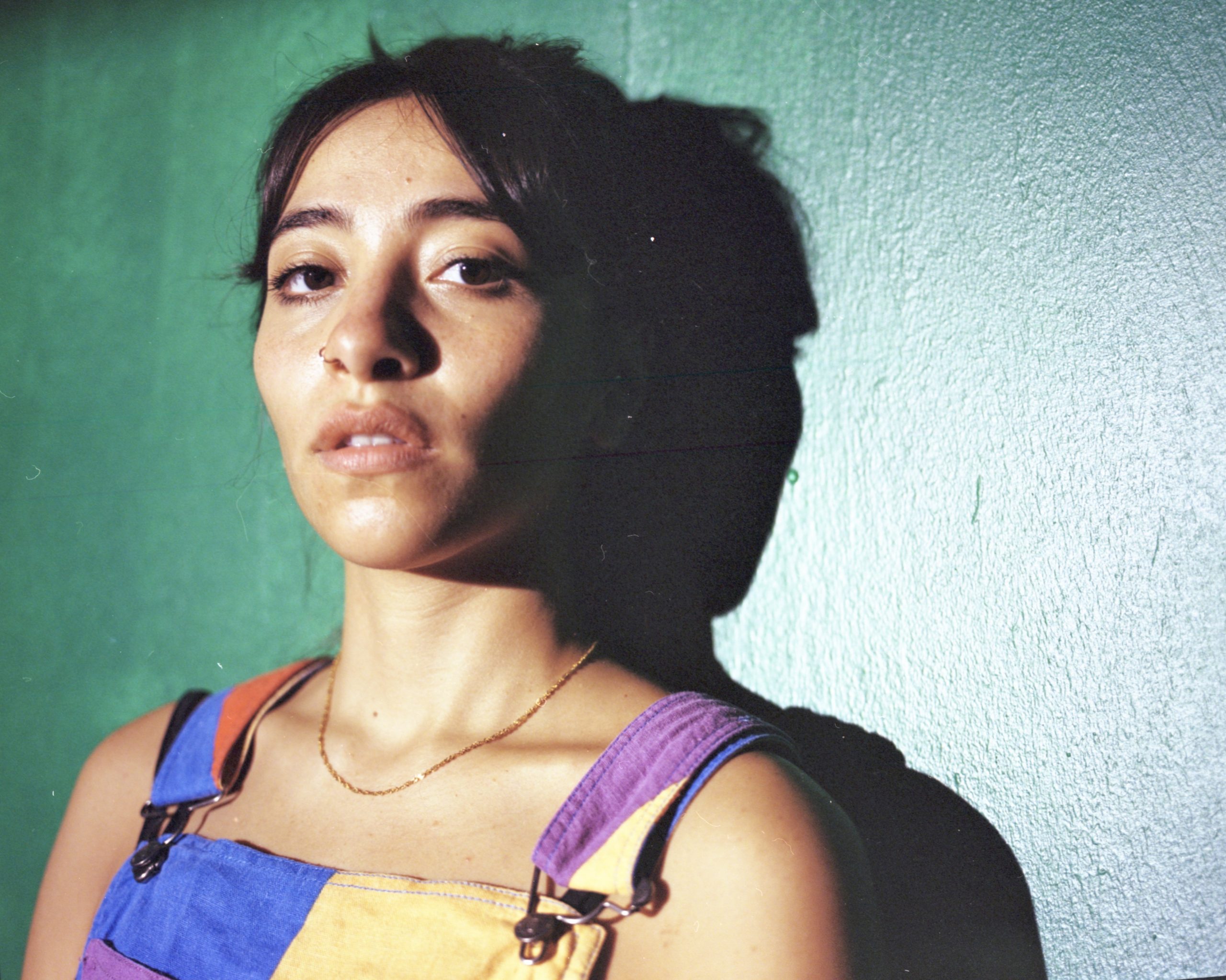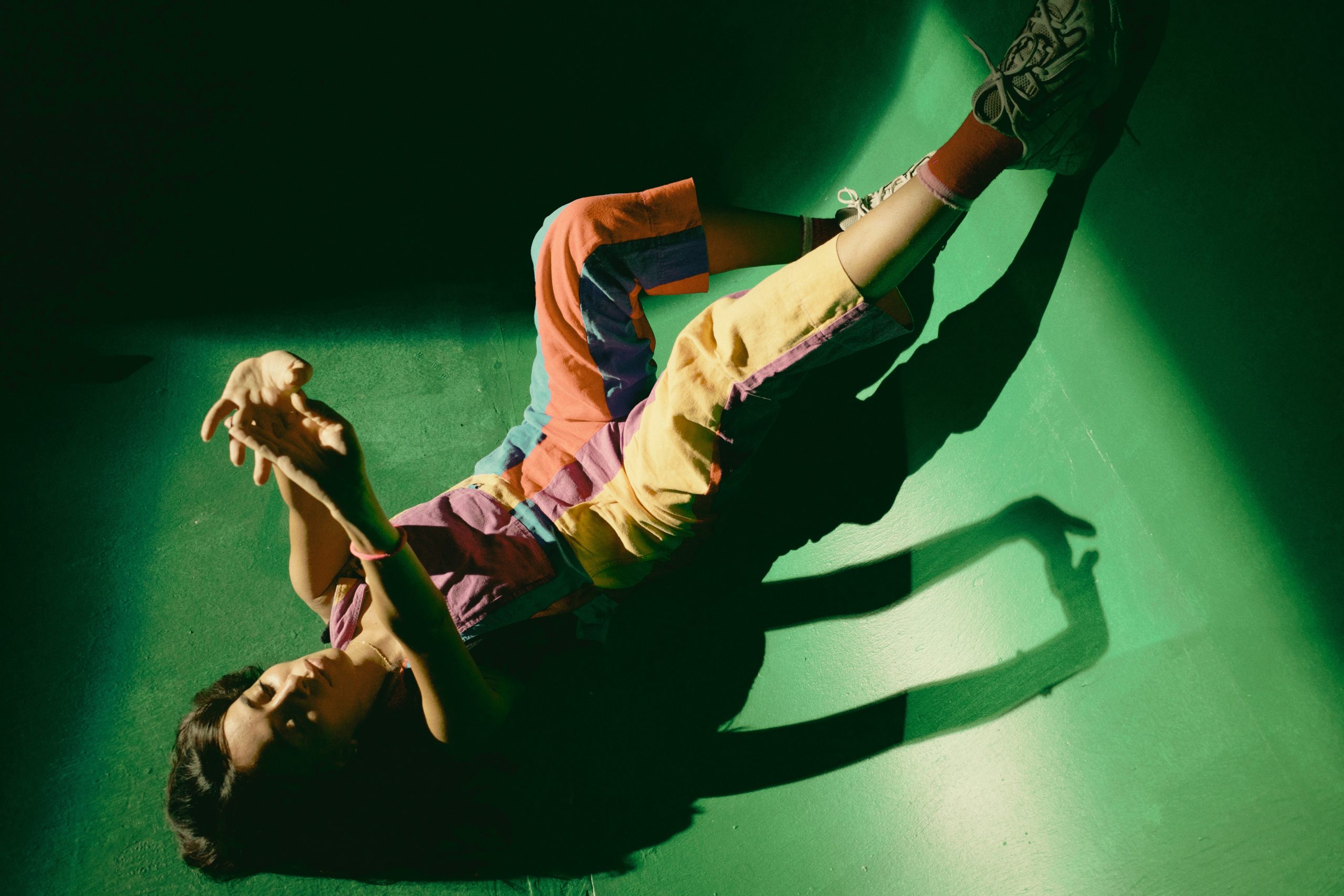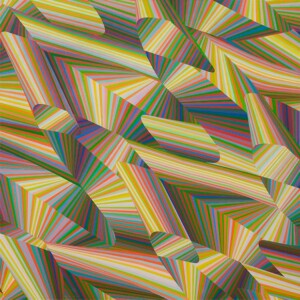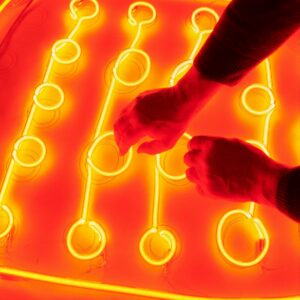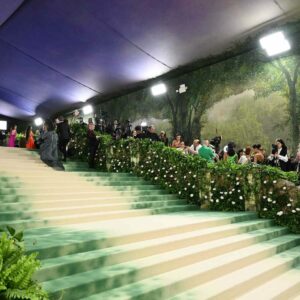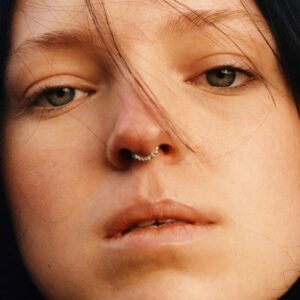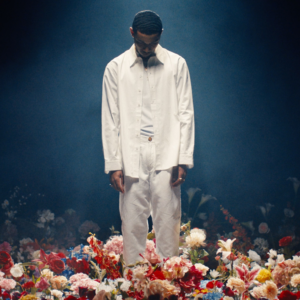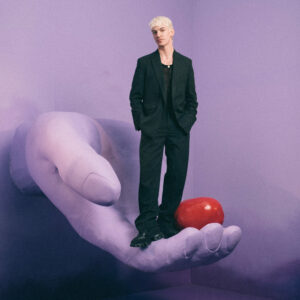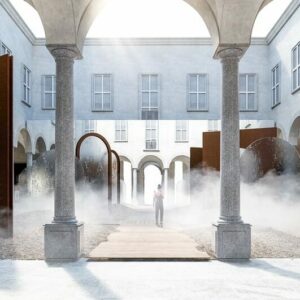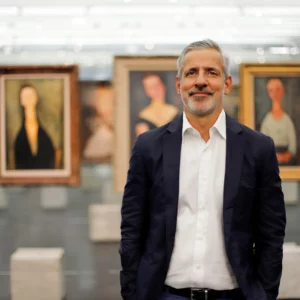Saudi artist and filmmaker Sarah Taibah is the creative mind behind the genre-bending dark comedy Jameel Jeddan on Shahid. As lead actor, creator and writer – she leaves her stamp on every aspect of a television series that radically changes how many will look at Saudi youth. YUNG caught up with her at her home in Jeddah, a city that’s part of her DNA and where she is a prominent figure in its thriving creative scene.
Nasri Atallah: How’s life treating you at the moment?
Sarah Taibah: Good! I’m taking it very easy. I’m at my family’s place, very laid back.
It must have been an intense year with the show coming out?
Yeah. I’ve been working on it for two years and now I’m like ‘What now?’ I ran away to Sri Lanka. I travelled for a month. I’m still digesting that it’s all over.
It must feel both like a huge achievement and anti-climactic at the same time.
Exactly. I keep thinking ‘what’s next, what’s next.’
So, what is next?
I’m in phase zero, so just writing a treatment, on a feature film. We’re taking our time. There’s no platform waiting for us to ruin all our dreams [she laughs]. It’s fresh. Very quirky.
You studied applied arts, right? Printmaking, illustration. Is that in the past, or is it something you’re keeping in your life?
Honestly, I don’t care about making money from that at all. It’s rare that people come to me with jobs on that side anyway because they see me in film and TV now. But I do those things for me. It’s my practice. I do a lot of it. If you see my studio you’ll understand it’s not in my past, it’s all around me!
You know, even in Jameel Jeddan, I see that artistic sensibility. The animation style in the glitches.
Just a bit. And I swear it’s just 40% of what we wanted to do. They managed to put in a grenade in our dreams [she laughs].
It’s always a dance with the network, right? The concessions you have to make to the business side feel harsh, especially if you’re a true artist.
Especially if you’re trying to say something new. I’m all about a niche. I’m all about style. And they want everyone to love it. Which is the opposite of a niche. I’m very proud of the show, but not satisfied.
It’s a healthy place to be on your first show. And what an achievement, being a creator, writer, and lead!
You know, I’ve always wanted to pull off this kind of Russian Doll, Fleabag, Chewing Gum thing. When I say I want to create, write and star they tell me ‘You wanna do everything? Why?’ and I tell them this ‘This exists everywhere! We just haven’t done it yet.’ Even before I got into filmmaking, the shows I was obsessed with were always creator-led and I didn’t even realise it.
That’s what gives those shows an auteur feeling and it’s the same with Jameel Jeddan, which has this strong narrative voice, visual style and so on. That can only happen when it’s coming from one mind, obviously with a team and everything.
Especially in a time when a lot of non-Arabs are writing scripts for us and we’re just acting in them. For me it was such a fresh thing that I was able to do this at a time when we’re still entrusting outsiders with our stories.
One of the things I noticed about the show is that it’s a love letter to Jeddah. It’s a big character in the show.
Big time. It’s definitely a love letter to Jeddah and it’s a main character in the show. And I love that you noticed that!
For me, Jeddah feels like such an exciting place with a concentration of creatives. And it feels organic like no one had to put that scene together.
It was built to be a creative city. Even the mayadeen, since I was a kid, was so sculptural. And it’s such a melting pot. Jeddah to Saudi is like Berlin to Germany. It’s an entity in itself. Even though there have been all these changes in Saudi in the past years, I feel we’ve always been here and always been artists and geeks. We just moved from the underground above ground.
I hate making people ambassadors for any kind of issue beyond themselves, but the show has been praised for its representation of young Saudi women, so I want to ask you about that if it’s ok.
I swear I get goosebumps every time I talk about this. There was definitely a subconscious mission. When I was creating it, I never thought about it being on a screen or anyone having an opinion about it. When I was creating it, I thought ‘This will never happen’. But now seeing the love from fans, including very young boys, saying they love it – it gives me so much hope about the next generation. I just got a message from someone yesterday doing a review saying it’s great we put in an anime element, and the kind of culture Saudi youth actually care about. We’ve always had a weird obsession with Japanese animation. Making [the main character] Jameel an otaku was actually something that came later when I was talking to [director] Anas [Ba-Tahaf].
It also ties it into global culture. Anime transcends borders and is hugely popular. No reason our shows, in paying homage to that, can’t also be global.
I still can’t believe it when I talk to a journalist in the UK and they’ve watched my show. When I hear that I wish it could reach more people.
Now that you have objective successes under your belt, are you thinking globally? You can’t think no one is going to see your next project anymore.
I don’t think globally. If my next film goes to festivals and Netflix, amazing. But I don’t think like that. I’m open. My first priority is to elevate Saudi content.
